The Secret Sauce of Systemic Change
Thousands lived in a huge garbage dump. There they scavenged for a living. Then, some twenty-five years ago, one man, Father Pedro Opeka, CM, asked a question in a “home visit” that transformed their lives. “Do you love your children?” When he received an affirmative response, he said: “Let’s work together, give them a future.” That question set in motion events that allowed scavengers to discover their human dignity, improve their health and build a city of more than twenty thousand. But the question does not tell us much about the details.
Let’s listen to Fr. Opeka as he reflects.
“It is a work of God’s providence. Because it is born in the heart of the poor. Because it is born in humility. Because it is born in the midst of those who suffer. And it is a continuous commitment. It is not an occasional commitment, from time to time. It is not a commitment once a month, once a week, but it is all day and every day.”
St. Vincent de Paul (1581-1660) said that the problem of charity is that it is poorly organized. He was asked, “How do you live this maxim that has been the call to the Congregation of the Mission?”
I think he was very right. That is, justice is badly organized too. Organization is part of the solution to poverty. It’s how people are held responsible, what mistakes the poor have, what responsibilities they have toward their children and their families, the challenges of life and progress.
Now, organization is certainly very important. Because organizing is also respecting people. When I see lines of people waiting, I wonder: What’s going on there?
Father Pedro what does it mean today to live in Akamasoa?
To live at Akamasoa means to embark on a journey to recover dignity. It means to stand up and become a responsible and respected person. It also means to start a new life based on works, education and discipline. In addition, to live at Akamasoa means to accept to live in the Truth and to embrace the daily fight for justice. Living at Akamasoa is firstly action, not words. Here we never disguise the truth, we try to be straightforward when dealing with problems and not go around the issues; and this is sincerity.
What words or phrases would you use to describe Akamasoa for those persons who have never seen or hear about Akamasoa?
Joy, brotherhood, work, fight, and, most importantly, the happiness of our children because at Akamasoa we have children who used to live an inhuman life at the landfill and they are now real children.
Of course, I will not fail to mention the Sunday Mass, which is a true celebration for all the people because everyone participates: we all pray, we dance, we sing in communion – it is an expression of gratitude to God for all the people of good will who have helped us. [Some 10,000 of the people living in Akamasoa attend the Mass Opeka celebrates each Sunday in a shed turned open-air cathedral. The liturgy is a three-hour affair, where the faithful take time “to pray, to sing, to look at each other.”]
The “Secret Sauce”
Father Pedro, how do you see the best way to help the poor, the persons in need in the different areas: spiritual, emotional, physical, material?
The best way to help the poor is to respect them, to stand before them as an equal, without any masks, privilege, without any authority other than love and respect. And love will help you persevere in spite of the disappointments and the failures and the lack of honesty that we have to deal with almost every day.
I can say that there is no magic formula to help the poor. In each country, culture and civilization, there will always be different gestures, different approaches – but these must all be dictated by love. Moreover, when we are moved by love, we can know that we chose the right path. And the most important thing is to choose the right path; each life is built one step at a time and one day at a time.
Any effort to help and any movement of solidarity must exist only in order to give people courage and to give them the will to continue in spite of difficulty. This is not learned in some humanitarian guidebook. This is something we learn from our hearts, where there is love and the strength of the spirit. A person has a physical, emotional, spiritual identity; you cannot divide that identity between these different parts, the identity has to be considered as a whole: a person. While helping a person out of extreme poverty, we also have to help that person to be responsible and to be happy with their brothers and sisters and to understand that the spirit is what makes a person – the spirit also needs the strength and the grace of God.
Things to consider
- Which of his insights struck you most?
- What implications do you see for your own approach to the seemingly impossible dreams we have?

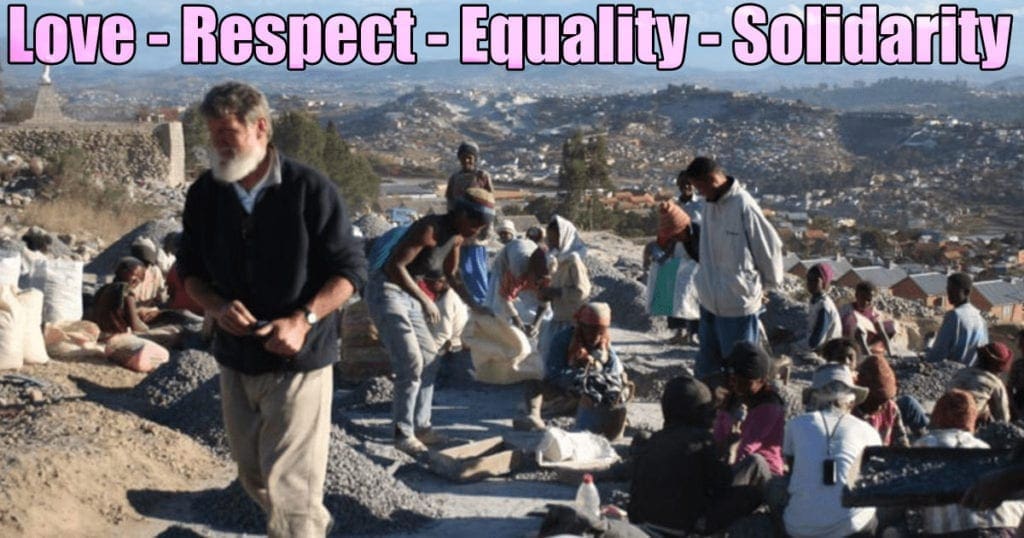
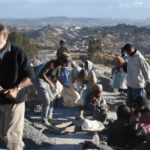
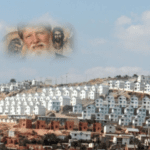
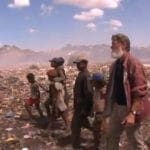
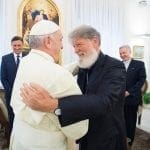
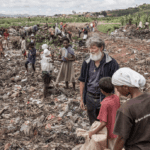




0 Comments